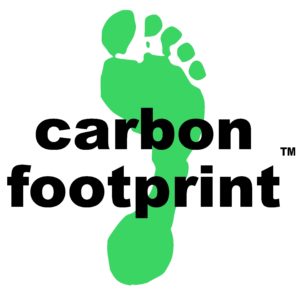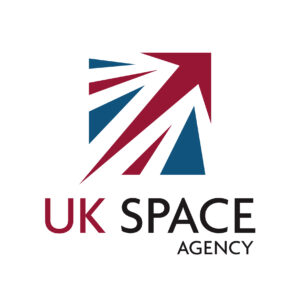Empower your students to act on the climate crisis and instigate change. They’ll learn to quantify their school’s carbon footprint, then devise a plan to reduce it.
Project timeline
Carbon Researchers follows IRIS’ 4 phased project structure:
Prepare & launch: Teachers prepare and launch the project, using our helpful guidance documents.

Background research & skills development: With access to our support materials, students develop the knowledge and skills required to successfully complete research.

Student research: Young scientists systematically investigate, explore, discover, analyse and establish their conclusions.

Artefact development and conference: Students produce an article, academic poster presentation or academic paper, based on their research process and/or findings with the aim of exhibiting at IRIS’ conference.

Overview
suitability


Climate change is the greatest environmental threat faced by the world today. Carbon Researchers empowers students to take action to decrease their carbon impact.
Students begin by calculating their personal carbon footprint and devising ways they can decrease it. Once they tackle this, they work with their school to quantify the carbon footprint of its operations and collaborate with school leaders to develop a strategy to reduce it.
To fully influence change, the carbon warriors must ultimately win the hearts and minds of their student body. Budding engineers might take it one step further by researching the new innovative ways that scientists are capturing carbon and storing it, and finding ways to contribute to this knowledge.
Carbon Researchers offers students a practical way to develop an understanding of climate change and its relationship to human activities. It introduces students to the complexities of realising solutions which require human behavioural and systematic change.
The project develops students’ creative thinking, maths and interpersonal skills.
When we showed the staff in the science department how many kilograms of CO2 they were producing, they were quite surprised by it.

